Psychiatric Disorder
How to submit an article:
- Registered users can submit any published journal article that has a unique DOI (Digital Object Identifier) name or link to Research Hub.
- For example, you can paste the full DOI link:
https://doi.org/10.1109/5.771073or just the DOI name:10.1109/5.771073into the field above and click submit. - The person who is first to submit a valid article to Research Hub will forever be credited for it, and every article submission earns you +6 Research Points.
Published research studies are articles that present the findings of original research that has undergone a peer-review process and has been made publicly available in scholarly journals, books or other media.

Significance of long-chain polyunsaturated fatty acids (PUFAs) for the development and behaviour of children
2023 Aug 12 European Journal of Pediatrics Schuchardt JP, Huss M, Stauss-Grabo M, Hahn A
Polyunsaturated fatty acids are of central importance for the development and functioning of the brain and nervous system, especially during childhood development. An adequate supply of long-chain ω-3 fatty acids, such as EPA and DHA in particular, is therefore indispensable for normal brain development during foetal growth in the cerebralisation phase, as well as for visual and cognitive functions in neonates.
Review Article Polyunsaturated Fatty Acids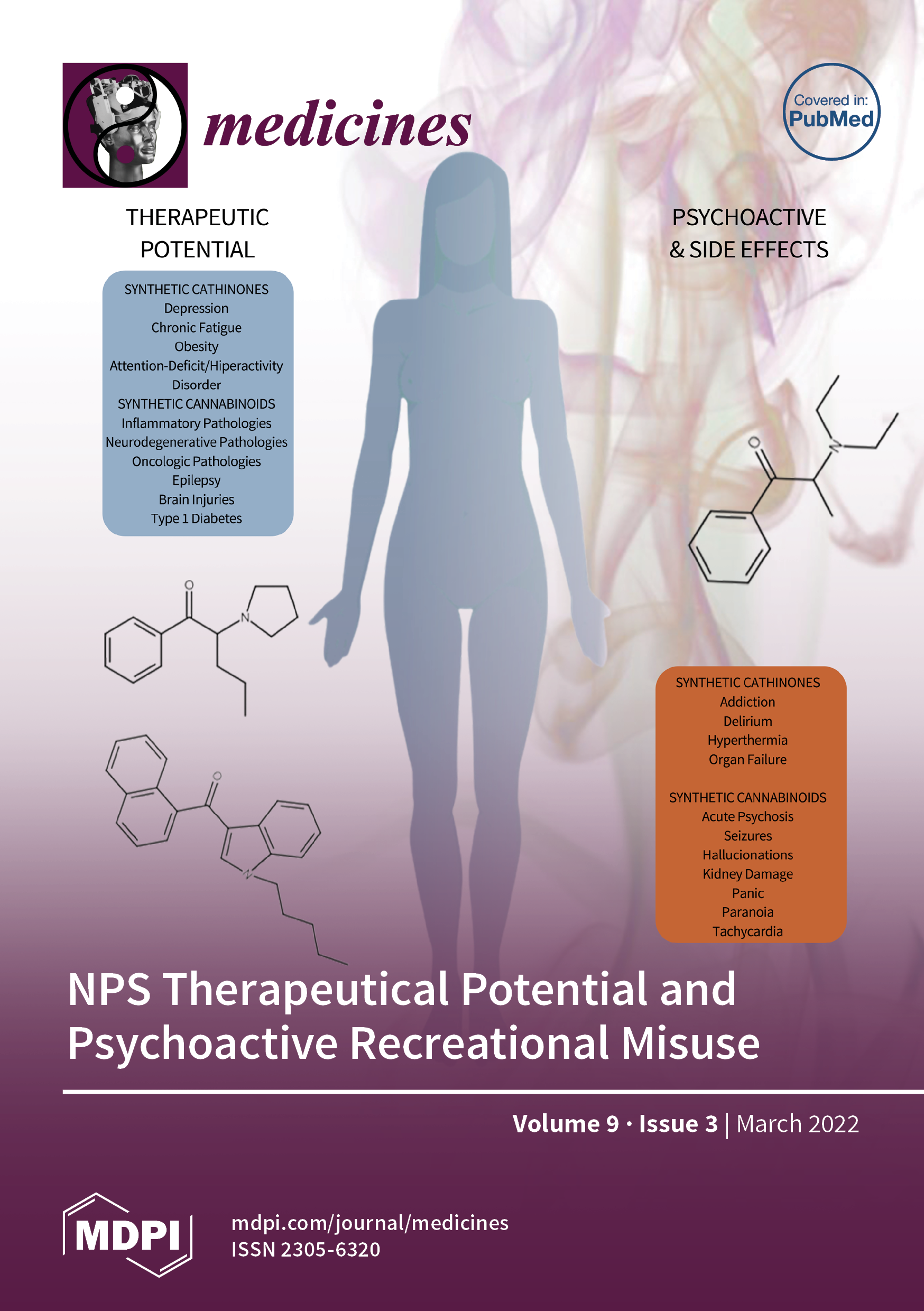
Wen Dan Tang: A Potential Jing Fang Decoction for Headache Disorders?
2022 Mar 04 Medicines Pradhan SK, Li Y, Gantenbein AR, Angst F, Lehmann S, Shaban H
Systematic Review Wen Dan TangWen Dan Tang potentially treats neurological, psychiatric disorders, cardiovascular diseases, and digestive disorders, and might improve life quality in headache patients.
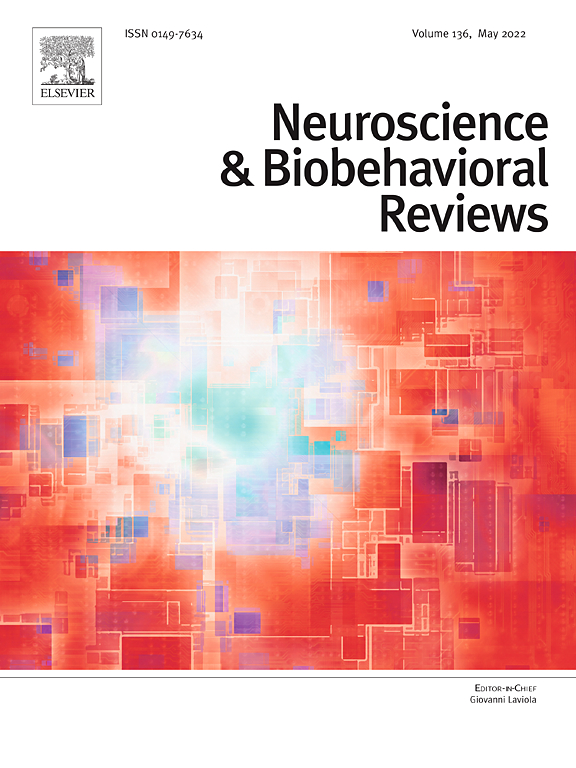
Plant-based Medicines (Phytoceuticals) in the Treatment of Psychiatric Disorders: A Meta-review of Meta-analyses of Randomized Controlled Trials: Les médicaments à base de plantes (phytoceutiques) dans le traitement des troubles psychiatriques: une mét
2021 Feb 18 The Canadian Journal of Psychiatry Sarris J, Marx W, Ashton MM, Ng CH, Galvao-Coelho N, Ayati Z, et al.
More rigorous international studies are required to validate the efficacy of these phytoceuticals before treatment recommendations can be made. In conclusion, the breadth of data tentatively supports several phytoceuticals which may be effective for mental disorders alongside pharmaceutical, psychological therapies, and standard lifestyle recommendations.
Psychiatric Disorder Mental Health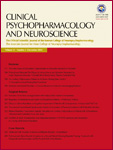
Nutritional Neuroscience as Mainstream of Psychiatry: The Evidence- Based Treatment Guidelines for Using Omega-3 Fatty Acids as a New Treatment for Psychiatric Disorders in Children and Adolescents
2020 Nov 30 Clinical Psychopharmacology and Neuroscience Chang JPC, Su KP
Review Article Omega-3 Fatty Acids Autism Walnut Psychiatric Disorder Depression ADHD SardineOmega-3 polyunsaturated fatty acids supplementation during the prenatal and perinatal period could have a protective effect on neurodevelopmental disorders including ADHD, ASD, and MDD in youth.
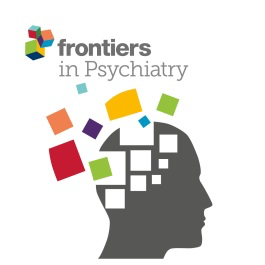
The Effects of Acupuncture on Glutamatergic Neurotransmission in Depression, Anxiety, Schizophrenia, and Alzheimer's Disease: A Review of the Literature
2019 Feb 12 Frontiers in Psychiatry Tu CH, MacDonald I, Chen YH
Review Article Anxiety Depression Schizophrenia Mental Health Alzheimer's DiseaseEvidence indicates that acupuncture treatment may be of benefit in several neuropsychiatric disorders, including depression, anxiety, schizophrenia, and Alzheimer's Disease.
Research insights are moderated by the Research Hub team and offer an at-a-glance overview of interesting research findings.

2022 Medicines
Wen Dan Tang potentially treats neurological, psychiatric disorders, cardiovascular diseases, and digestive disorders, and might improve life quality in headache patients.
Systematic Review Wen Dan Tang
Wen Dan Tang: A Potential Jing Fang Decoction for Headache Disorders?
Pradhan SK, Li Y, Gantenbein AR, Angst F, Lehmann S, Shaban H

2020 Clinical Psychopharmacology and Neuroscience
Omega-3 polyunsaturated fatty acids supplementation during the prenatal and perinatal period could have a protective effect on neurodevelopmental disorders including ADHD, ASD, and MDD in youth.
Review Article ADHD Autism Depression Omega-3 Fatty Acids Sardine
Nutritional Neuroscience as Mainstream of Psychiatry: The Evidence- Based Treatment Guidelines for Using Omega-3 Fatty Acids as a New Treatment for Psychiatric Disorders in Children and Adolescents
Chang JPC, Su KP

2019 Frontiers in Psychiatry
Evidence indicates that acupuncture treatment may be of benefit in several neuropsychiatric disorders, including depression, anxiety, schizophrenia, and Alzheimer's Disease.
Review Article Alzheimer's Disease Anxiety Depression Mental Health Schizophrenia
The Effects of Acupuncture on Glutamatergic Neurotransmission in Depression, Anxiety, Schizophrenia, and Alzheimer's Disease: A Review of the Literature
Tu CH, MacDonald I, Chen YH
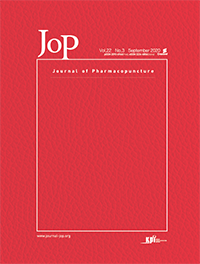
2017 Journal of Pharmacopuncture
Gan Mai Da Zao decoction significantly enhances neuropsychiatric disease-related outcomes in animal models, irrespective of dose and concentration.
Animal Study
Effects of Herbal Medicine (Gan Mai Da Zao Decoction) on Several Types of Neuropsychiatric Disorders in an Animal Model: A Systematic Review
Lee HW, Kim SR, Jun JH, Ko BS
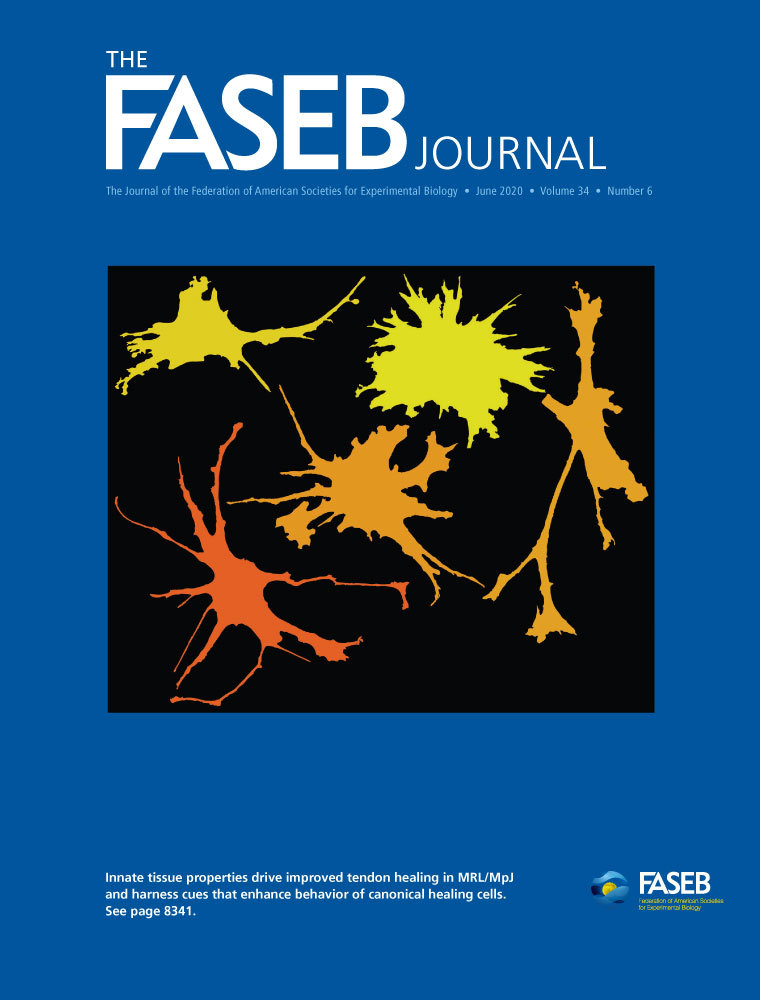
2015 The FASEB Journal
Serotonin function, influenced by vitamin D and omega-3 fatty acids, plays a critical role in neuropsychiatric disorders and certain behavioral functions.
Review Article ADHD Bipolar Disorder Impulsive Behaviour Mental Health Omega-3 Fatty Acids
Vitamin D and the omega‐3 fatty acids control serotonin synthesis and action, part 2: relevance for ADHD, bipolar disorder, schizophrenia, and impulsive behavior
Patrick RP, Ames BN
Review Articles
Review articles summarise and critically evaluate the current state of research on a specific topic or field by synthesising multiple primary research studies.

Significance of long-chain polyunsaturated fatty acids (PUFAs) for the development and behaviour of children
2023 Aug 12 European Journal of Pediatrics Schuchardt JP, Huss M, Stauss-Grabo M, Hahn A
Polyunsaturated fatty acids are of central importance for the development and functioning of the brain and nervous system, especially during childhood development. An adequate supply of long-chain ω-3 fatty acids, such as EPA and DHA in particular, is therefore indispensable for normal brain development during foetal growth in the cerebralisation phase, as well as for visual and cognitive functions in neonates.
Review Article Polyunsaturated Fatty Acids
Wen Dan Tang: A Potential Jing Fang Decoction for Headache Disorders?
2022 Mar 04 Medicines Pradhan SK, Li Y, Gantenbein AR, Angst F, Lehmann S, Shaban H
Systematic Review Wen Dan TangWen Dan Tang potentially treats neurological, psychiatric disorders, cardiovascular diseases, and digestive disorders, and might improve life quality in headache patients.

Nutritional Neuroscience as Mainstream of Psychiatry: The Evidence- Based Treatment Guidelines for Using Omega-3 Fatty Acids as a New Treatment for Psychiatric Disorders in Children and Adolescents
2020 Nov 30 Clinical Psychopharmacology and Neuroscience Chang JPC, Su KP
Review Article Omega-3 Fatty Acids Autism Walnut Psychiatric Disorder Depression ADHD SardineOmega-3 polyunsaturated fatty acids supplementation during the prenatal and perinatal period could have a protective effect on neurodevelopmental disorders including ADHD, ASD, and MDD in youth.

The Effects of Acupuncture on Glutamatergic Neurotransmission in Depression, Anxiety, Schizophrenia, and Alzheimer's Disease: A Review of the Literature
2019 Feb 12 Frontiers in Psychiatry Tu CH, MacDonald I, Chen YH
Review Article Anxiety Depression Schizophrenia Mental Health Alzheimer's DiseaseEvidence indicates that acupuncture treatment may be of benefit in several neuropsychiatric disorders, including depression, anxiety, schizophrenia, and Alzheimer's Disease.

Effects of Herbal Medicine (Gan Mai Da Zao Decoction) on Several Types of Neuropsychiatric Disorders in an Animal Model: A Systematic Review
2017 Mar 31 Journal of Pharmacopuncture Lee HW, Kim SR, Jun JH, Ko BS
Animal Study Systematic Review Psychiatric DisorderGan Mai Da Zao decoction significantly enhances neuropsychiatric disease-related outcomes in animal models, irrespective of dose and concentration.
Clinical Trials
Clinical trials are research studies that involve people and are conducted to evaluate the safety and efficacy of new treatments or interventions, such as drugs, medical devices, or behavioural therapies.
Study Protocols
Published study protocols are detailed plans that outline the objectives, methodology, statistical analyses, and organisation of a research study that have been made publicly available for others to review and use as a reference.
Presentation Slides

Systematic Review
Wen Dan Tang potentially treats neurological, psychiatric disorders, cardiovascular diseases, and digestive disorders, and might improve life quality in headache patients.
Pradhan SK, Li Y, Gantenbein AR, Angst F, Lehmann S, Shaban H

Review Article
Omega-3 polyunsaturated fatty acids supplementation during the prenatal and perinatal period could have a protective effect on neurodevelopmental disorders including ADHD, ASD, and MDD in youth.
Chang JPC, Su KP

Review Article
Evidence indicates that acupuncture treatment may be of benefit in several neuropsychiatric disorders, including depression, anxiety, schizophrenia, and Alzheimer's Disease.
Tu CH, MacDonald I, Chen YH

Animal Study
Gan Mai Da Zao decoction significantly enhances neuropsychiatric disease-related outcomes in animal models, irrespective of dose and concentration.
Lee HW, Kim SR, Jun JH, Ko BS

Review Article
Serotonin function, influenced by vitamin D and omega-3 fatty acids, plays a critical role in neuropsychiatric disorders and certain behavioral functions.
Patrick RP, Ames BN
Executive Summary
Write an executive summary in the form of a blog article on the topic of "Research into Chinese medicine treatment for Psychiatric Disorder" summarising the research below and using language that can be easily understood by patients and avoiding medical jargon using a professional and caring tone of voice.
Write an executive summary in the form of a blog article on the topic of "Researched Chinese medicine treatments for Psychiatric Disorder" summarising the research below in an objective and easy to understand way, and using language that can be easily understood by patients. Group the article into Chinese medicine treatments first, followed by nutrition and other treatments. Avoid using medical jargon and use a professional and caring tone of voice.
Write me a concise but easy to understand executive summary on the topic of "Chinese medicine treatments for Psychiatric Disorder" based on the following research that I will give you. Your summary should be 2 paragraphs long in Australian English spelling and include references to the studies.
A Systematic Review published in 2022 in the journal Medicines found that Wen Dan Tang potentially treats neurological, psychiatric disorders, cardiovascular diseases, and digestive disorders, and might improve life quality in headache patients. The methodology of the study included the utilization of various online databases like PubMed, Medline, Cochrane Library, AcuTrials, Embase, Semantic Scholar, Jstor, and internet research. The study also involved reviewing ancient and modern Chinese medical textbooks. The research noted that while there were no dedicated studies on Wen Dan Tang in the context of migraine and tension-type headaches, it gathered and examined data for each compound found in the formula. The discussion of the results revealed the therapeutic potential of the bioactive compounds present in Wen Dan Tang. This was especially in the case of patients with neurological and psychiatric disorders, cardiovascular diseases, metabolic syndrome, and digestive disorders. Additionally, the correlations between Wen Dan Tang and the reduction of headaches were explored. A potential improvement in the quality of life was highlighted, especially for patients suffering from migraines and tension-type headaches.
A Review Article published in 2020 in the journal Clinical Psychopharmacology and Neuroscience found that Omega-3 polyunsaturated fatty acids supplementation during the prenatal and perinatal period could have a protective effect on neurodevelopmental disorders including ADHD, ASD, and MDD in youth. The research implemented supplementation of omega-3 polyunsaturated fatty acids also known as Omega-3 PUFAs, in different quantities and durations to youth with attention deficit hyperactivity disorder (ADHD), major depressive disorder (MDD) and autism spectrum disorder (ASD). This was carried out based on suggested dosage and duration from various randomized controlled trials and systemic literature reviews. It was observed that omega-3 PUFAs were essential nutrients not just for physical health but also for mental health, more so during the prenatal and perinatal stages of development. The results demonstrated that clinical symptoms improved in youth with ADHD, MDD and ASD after they were supplemented with Omega-3 PUFAs, especially in cases where there was high inflammation or low baseline Omega-3 index present. The research showed very promising evidence that Omega-3 PUFAs had positive effects on lethargy and hyperactivity symptoms in ASD. There was also an inclination that Omega-3 PUFAs levels and inflammation could be potential markers for treatment response in ADHD and MDD.
A Review Article published in 2019 in the journal Frontiers in Psychiatry found that Evidence indicates that acupuncture treatment may be of benefit in several neuropsychiatric disorders, including depression, anxiety, schizophrenia, and Alzheimer's Disease. The pathophysiology of these disorders may be associated with glutamate dysregulation, marked by a high rate of glutamate release and elevated expression of glutamate receptors and glutamate transporters in the CNS. The ability of acupuncture stimulation to modulate glutamate receptor and EAAT expression suggests that the treatment effects of acupuncture are underpinned by its intervention in the dysregulated glutamate system. Further preclinical and clinical studies are needed to clarify the possible mechanisms of acupuncture in these neuropsychiatric disorders and to establish protocols for treatment guidelines.
A Animal Study published in 2017 in the journal Journal of Pharmacopuncture found that Gan Mai Da Zao decoction significantly enhances neuropsychiatric disease-related outcomes in animal models, irrespective of dose and concentration. The research methodology involved searching through seven different databases, including Pubmed, four Korean and one Chinese, for randomized animal studies published up until April 2015. The studies must have investigated the effects of GMDZ decoction on neuropsychiatric disorders to qualify for inclusion. Double-blind reviews were done on all qualifying paper, leading to the selection of six randomized controlled animal studies. These were studies that used a Sprague Dawley rat model for acute psychological stress, post-traumatic stress disorders, and unpredictable mild stress depression, or a Kunming mouse model for prenatal depression. The results showed consistent improvements in neuropsychiatric disease-related outcomes across the variety of animal models, demonstrating GMDZ decoction's significance in enhancing these results. This effect was independent of the decoction's dose or concentration. Whether the focus was on acute psychological stress, post-traumatic stress disorders, unpredictable mild stress depression or prenatal depression, GMDZ consistently demonstrated a potential for effective therapeutic application in managing neuropsychiatric diseases.
A Review Article published in 2015 in the journal The FASEB Journal found that Serotonin function, influenced by vitamin D and omega-3 fatty acids, plays a critical role in neuropsychiatric disorders and certain behavioral functions. The paper synthesizes prior research into serotonin's role in managing various brain functions and behaviours, and how its dysfunction is commonly seen in conditions like attention deficit hyperactivity disorder, bipolar disorder, schizophrenia, and impulsive behavior. The researchers then put forward potential mechanisms showing the influence of vitamin D and the marine omega-3 fatty acids, eicosapentaenoic acid and docosahexaenoic acid, on serotonin synthesis, release, and function in the brain. Serotonin in the brain is synthesized from tryptophan by tryptophan hydroxylase 2, a process that is activated by a vitamin D hormone. Possible mechanisms proposed include eicosapentaenoic acid increasing serotonin release from presynaptic neurons by lowering E2 series prostaglandins, and docosahexaenoic acid affecting serotonin receptor action by increasing cell membrane fluidity in postsynaptic neurons. The study posits that suboptimal levels of vitamin D and omega-3 fatty acids, in combination with genetic factors at key developmental stages, could lead to dysfunctional serotonin activation and function – a possible underlying mechanism behind neuropsychiatric disorders and depression. The paper suggests that optimizing vitamin D and marine omega-3 fatty acid intake could potentially curtail and modulate the severity of brain dysfunction.
Moderation Tools
Topic
Sign In
Users not signed in are limited to viewing the 5 most recent items of content.